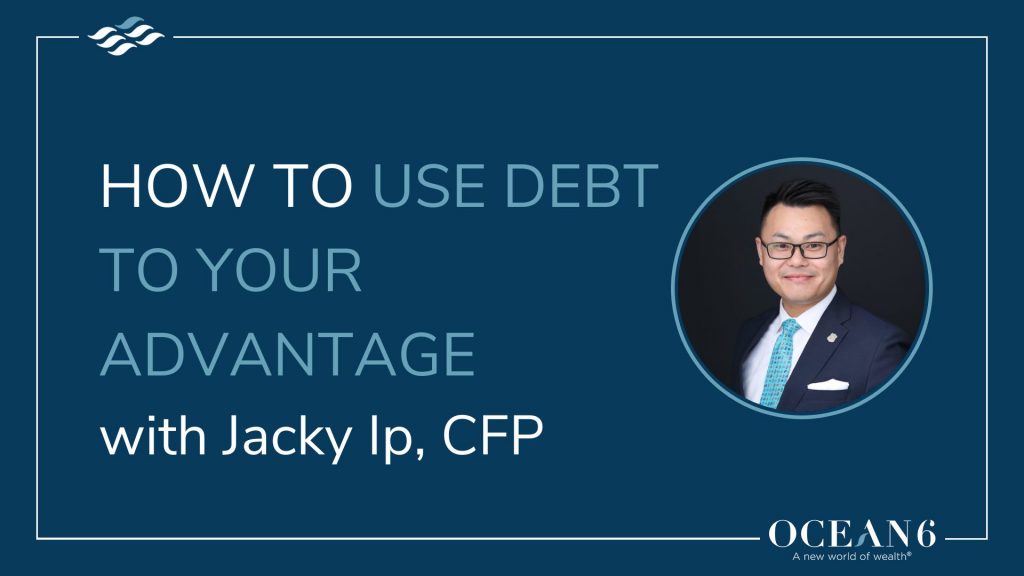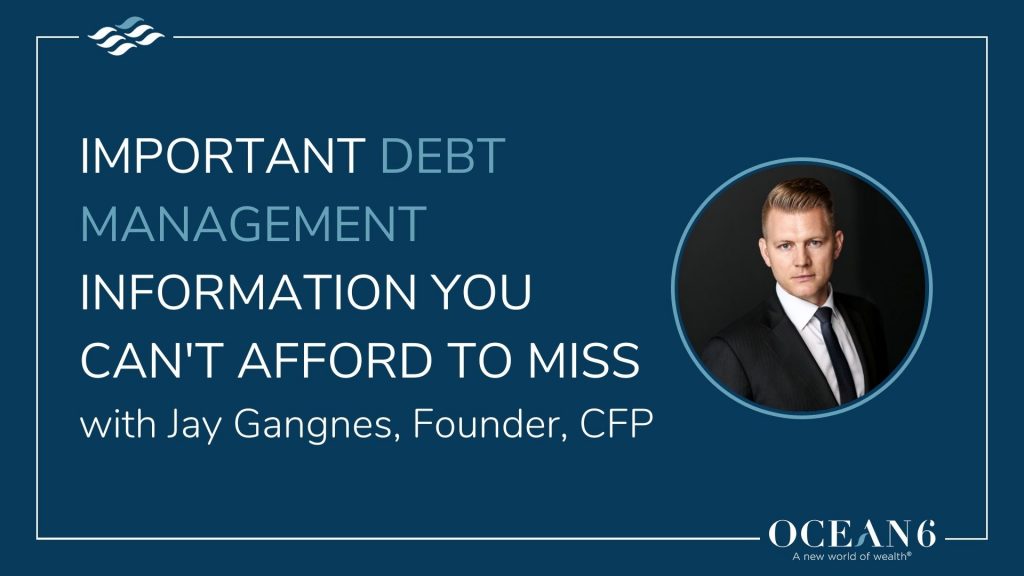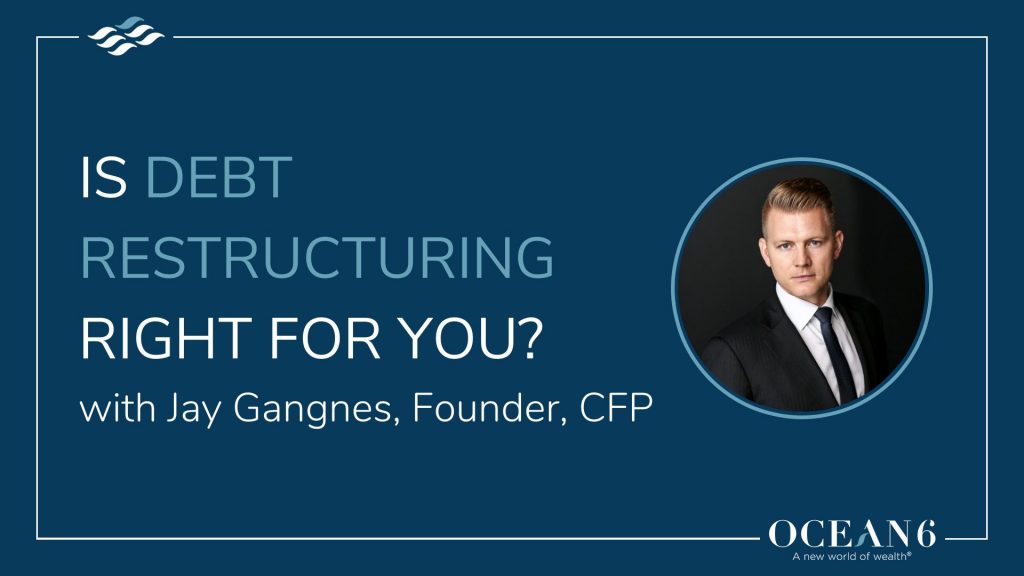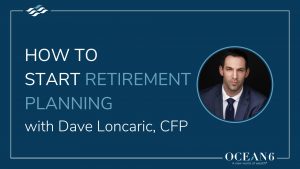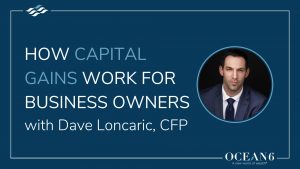Were you taught that debt is bad and that you should pay it off as soon as possible?
While being debt-free feels liberating and powerful, you need to be strategic with how you get there.
As business owners, you want to spend some time understanding how debts work, how they impact your taxes, and how you can use them to create more wealth. If you only focus on paying off your debts, you may incur unnecessary taxes and lose thousands of dollars in missed opportunities.
Using Debt Strategies to Create Wealth
Borrowing funds allows you to acquire assets that produce an income or a return sooner. An example of this is a mortgage.
Most people don’t have money readily available to buy a property, so they borrow it from the bank and pay it off over time. You get to own the home and reap the gains of having the property sooner.
You should only really borrow money to acquire assets sooner because these are the type of debts that will build wealth and create opportunities. The things you buy on a credit card, including vacations, should be purchased with money you already have and not on borrowed funds.
(Debt management is an important component of a financial plan, here’s how you can use it to your advantage)
Tips for Paying Off Debt
Debts typically fall into four different categories. The category they’re in gives you an idea of how much you should prioritize paying them off over other debts.
Here are the four categories:
1. High interest and not tax-deductible. For example, your credit cards. They have a 19-20% interest rate and do nothing for your taxes.
2. Low interest and not tax-deductible. Examples include your lines of credit or the mortgage on your principal home, where interest rates are less than 10% but not tax-deductible.
3. High interest and tax-deductible. For example, taking out a loan to purchase investments or student loans from the government.
4. Low interest and tax-deductible. These are the best type of debts, ideally used to create future wealth. Examples can include mortgages for investment properties or business loans.
While it is tempting to pay off the lowest balance first, so you have one less debt to worry about, it’s not financially the wisest thing to do.
We recommend paying off your debt in the order listed above, prioritizing high interest that is not tax-deductible debt first and low interest that is tax-deductible debt last. This will yield the best tax advantage and save you thousands of dollars in unnecessary taxes over time.
(Here are some important debt management strategies you can’t afford to miss)
Common Mistakes to Look Out For When Repaying Debt
Many business owners are unaware of the taxes associated with debt. As mentioned above, debts can be tax-deductible if you’re borrowing it for an investment, and the interest rates are often lower than you think.
To pay off your debt faster, you must be strategic. Let’s use a mortgage as an example. Making extra payments on a property in your personal name actually increases the amount of money you need to pull out of your corporation, which increases the tax you pay to the CRA. This setup is not beneficial when the additional income taxes outweighs the interest you’re saving. Your efforts to become debt-free sooner are costing you more.
Another common mistake amongst people with mortgages on both an investment property and principal property is not considering the tax benefits of strategically paying off one debt before another. They tend to pay off their investment property mortgage before their principal property, normally because the investment property has a lower balance or they prefer using the rental income to pay off the investment property’s mortgage directly.
But, principal home mortgages are non-tax-deductible debt, whereas investment property mortgages are tax deductible. So, you should always pay your home’s mortgage before the investment property.
(If you’re unsure when to pay off debt or invest, here’s a breakdown for you)
Watch the video on this strategy
Getting Started…
It is important to start reviewing your debt management strategy every year and find opportunities and structures that benefit you, not the banks. Even if you only have one or two types of debt, having a full grasp of these strategies could save you thousands of dollars in the long run.
Make sure your debts aren’t neglected in your financial plan; book a call today.



